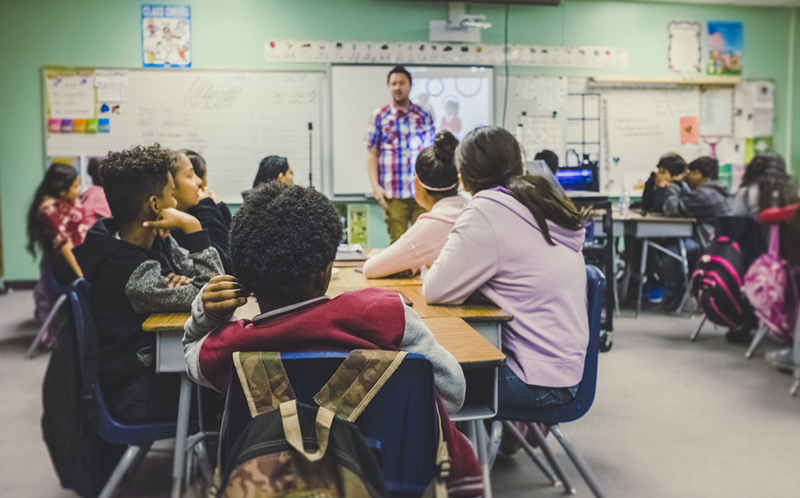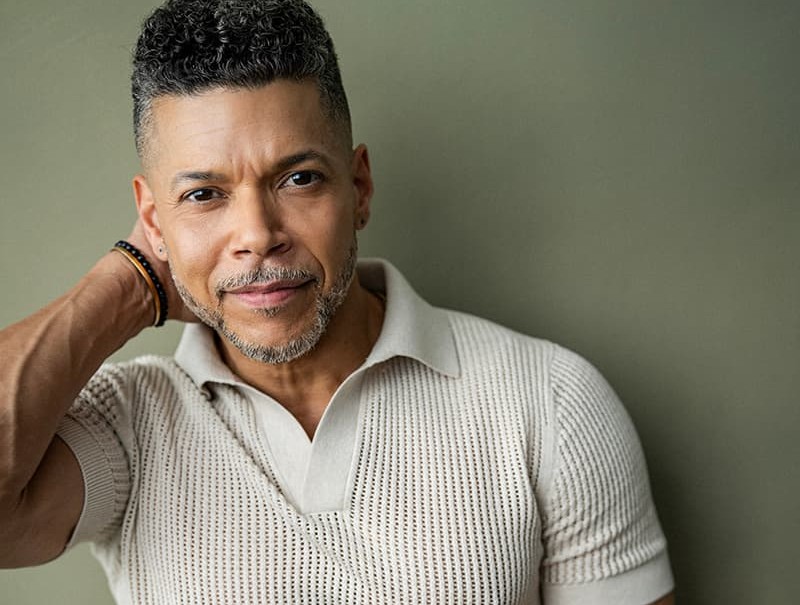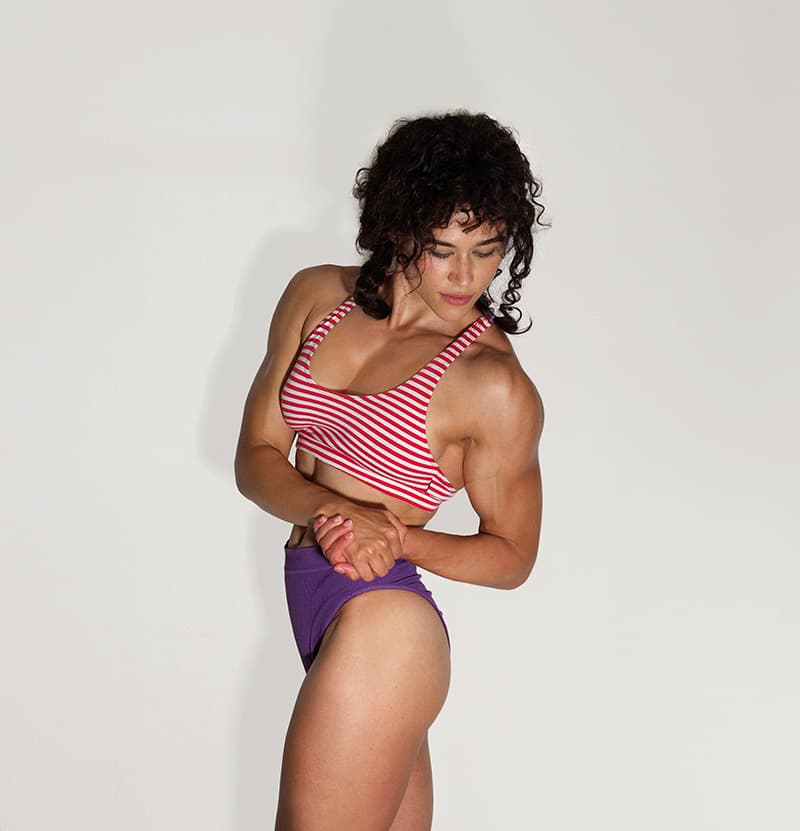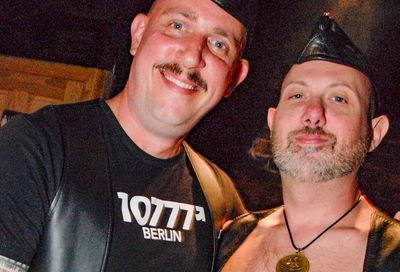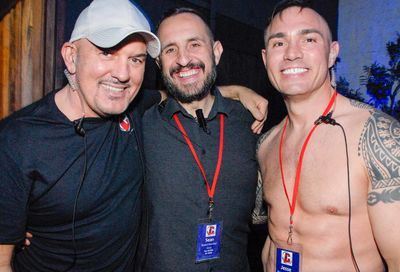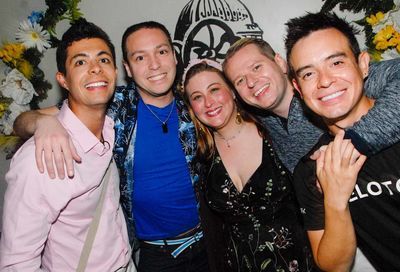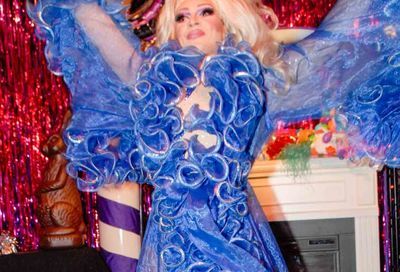Voices for Visibility
Congressional groups join for ''Invisible Lives'' forum on black LGBT experience
Among the many expressions and celebrations of pride during LGBT Pride Month, a June 22 forum on Capitol Hill may have been among the more cerebral. The event, ”Invisible Lives: Conversations on the experiences, struggles, and triumphs of Black Lesbian, Gay, Bisexual & Transgender Americans,” presented by both Congressional Black Associates (CBA) and the LGBT Congressional Staff Association (LGBT CSA), was a new piece of the Pride month puzzle.
”This was a Pride event that they had planned for this date for sometime,” explained Aisha Moodie-Mills, advisor on LGBT policy and racial justice at the Center for American Progress – particulalry with CAP’s Fighting Injustice to Reach Equality (FIRE) Initiative – which joined as a partner in the event. ”They reached out to me for a sense of who some great people would be to involve in it. That’s how our collaboration started.”
Moodie-Mills worked closely with Isaiah Wilson, a board member of both the CBA and the LGBT CSA, to craft an afternoon of dialogue with a range of panelists and participants, such as Sharon Lettman-Hicks, executive director of the National Black Justice Coalition; Darlene Nipper, deputy executive director of the National Gay and Lesbian Task Force; and Washington Post columnist Jonathan Capehart. The topics of discussion that Friday afternoon in the Cannon House Office Building were: ”Why is marriage equality important to the black community?” ”What current laws and policies hinder LGBT people and their families from receiving equal treatment?” and ”How do we build an affirming community for LGBT people of color?”
”As the day went on, we started to pull back the layers to look at more of the intricacies of the issues that are facing the black LGBT community,” Michael Crawford, director of online programs at the New York-based Freedom To Marry, said as the event wrapped. Having sat on the marriage-equality panel earlier that day, he explained that marriage is a topic that primes discussion of so many others, from children to economics to employment. ”Marriage is an issue that’s critical to the black gay community, but there are a range of issues that are important to our community. It’s a real good thing when we can discuss marriage – and it’s an even better thing when we can discuss marriage and all of those other issues as well.”
The marriage discussion, Moodie-Mills explained, also gave emphasis to the theme of ”invisible lives, ” adding that the forum drew a crowd of about 60 people, with about a third each from the two presenting organizations, the rest seemingly unaffiliated, yet drawn to the conversation.
”It was really interesting to see the kind of back and forth of which part of marriage should matter as we talk about it in the black community, and to hear from black married people about which piece of marriage matters to them,” she said. ”Black LGBT people said, too, this is really about love. Like, we are not caring about this so much because it’s just the policies. It’s really about affirming who we are. It goes back to visibility. The marriage conversation really talked about marriage as a proxy for visibility.”
Terra Moore, a member of the Center of Excellence for Transgender Health’s National Advisory Board, sat on the third panel regarding building an affirming community. But while she brought a transgender perspective to the afternoon, she said her role as a youth advocate was more important Friday.
”There are a lot of things not working for people. Being trans, that’s miniscule in the conversation when we’re dealing with bullying,” she said, adding that while she saw some young people at Invisible Lives, she’d always like to see more. ”The youth portion came before being trans.”
Another thing Moore would like to see more of is conversations just like this one.
”If we could do it a couple times a year, that would be awesome,” she said, lamenting that momentum is otherwise difficult to maintain. ”A lot of times, we have amazing conversations, and then those conversations stop. We create this strong feeling, and then it disappears.”
Crawford, too, would like to see more dialogue centered on issues faced by LGBT African-Americans.
”Discussions like these are critical,” he said. ”One of the points that was made [at Invisible Lives] was that data drives policy and we don’t know a whole lot about the black LGBT community. If we’re going to have effective responses to the issues that are impacting the black community, we’re going to have to have these kinds of conversations where we can peel back the layers, where we can really dig down deep and figure out what those issues are, the potential solutions, and how we move forward.
”My hope is that the conversations we’ve had today will really serve as a springboard, taking the discussion across the country so that we can really do the kinds of things we need to do to strengthen and improve the black gay community.”
Looking at Capitol Hill, Moodie-Mills said the culture in the seat of America’s democracy is changing in ways that will likely foster that dialogue.
”The staffers who really made this event happen are members of both the LGBT CSA and Congressional Black Associates,” she said. ”What is really unique over the last couple of years working on Capitol Hill is that there are more African-American staffers who are also gay and out, participating across both of those associations. I think that that’s really how the conversation sparked and how it’s continued to expand. We just haven’t seen a lot of that in the past.
”We are no longer in our silos. We used to be either gay or black. Now we’re demonstrating that we’re black and gay. We’re working across both of our identities.”
Support Metro Weekly’s Journalism
These are challenging times for news organizations. And yet it’s crucial we stay active and provide vital resources and information to both our local readers and the world. So won’t you please take a moment and consider supporting Metro Weekly with a membership? For as little as $5 a month, you can help ensure Metro Weekly magazine and MetroWeekly.com remain free, viable resources as we provide the best, most diverse, culturally-resonant LGBTQ coverage in both the D.C. region and around the world. Memberships come with exclusive perks and discounts, your own personal digital delivery of each week’s magazine (and an archive), access to our Member's Lounge when it launches this fall, and exclusive members-only items like Metro Weekly Membership Mugs and Tote Bags! Check out all our membership levels here and please join us today!




